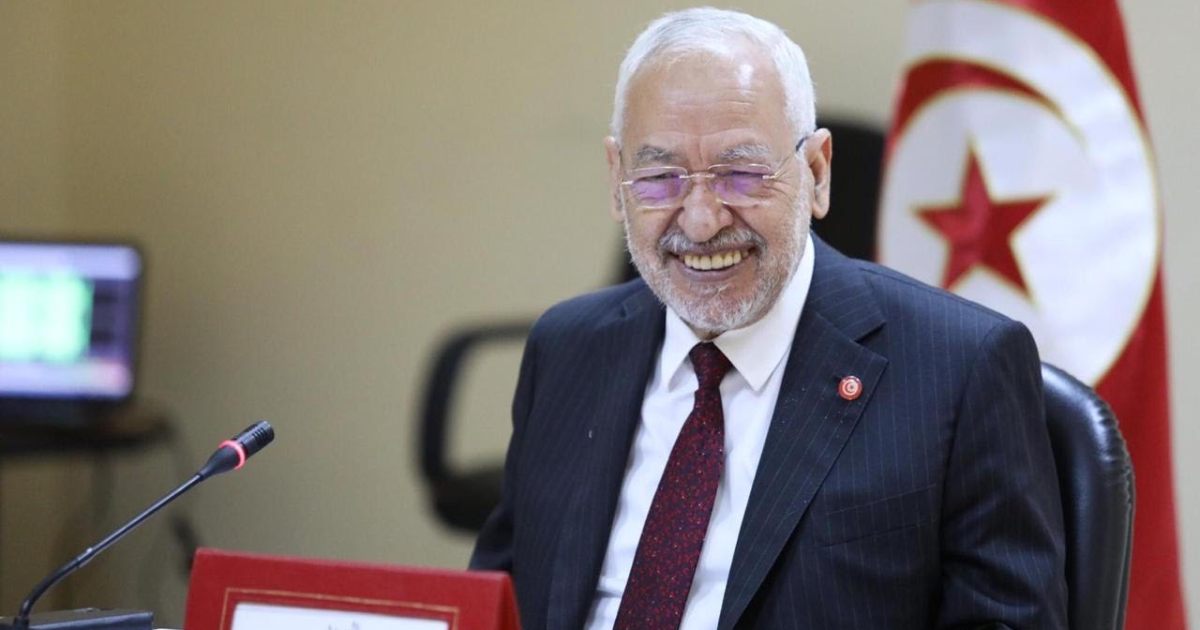4 parliamentary blocs in the Parliament of the Tunisian People, announced the start of the procedures to withdraw confidence from Parliament Speaker Rashid Ghannouchi, due to what they considered to be abuses committed in the management of Parliament.
The spokesman for the Democratic Movement, Mohamed Ammar, told the official news agency that the parliamentary blocs included: the Democratic Bloc (the Democratic Current and People's Movement), the National Reform Bloc, the Long live Tunisia, and the National Bloc.
Ammar stressed that the agreement between the parliamentary blocs on starting the procedures for withdrawing confidence from the Speaker of Parliament has nothing to do with the outcome of the meeting of the Shura Council meeting of Al-Nahda Movement held today, to resolve its position on the ruling coalition and the Prime Minister.
It is noteworthy that the president of the Free Constitutional Party Abeer Musa - who was one of the most prominent leaders of the ruling Tagammu Party during the era of the late President Zine El Abidine Ben Ali - had called on the deputies of the parliamentary blocs that she described as patriotic and civil to initiate the procedures to withdraw confidence from the Speaker of Parliament.
It is worth noting that the Ennahda movement, headed by Ghannouchi, hinted about a week ago that it could withdraw its support for Prime Minister Elias Al-Fakhakh, against the background of investigations launched by the Anti-Corruption Commission about the privileges and deals his companies obtained from the state.
The movement said it was following investigations related to the suspected conflict of interest, which pursued the traps, and damaged the image of the government coalition.
Since February 27, Fakhfakh has chaired a government coalition that includes 4 main parties and a parliamentary bloc: the Ennahda Movement (Islamist - 54 from 217), the Democratic Movement (Social-Democratic-22), the People's Movement (Nasseri-15), and the Viva Tunisia (Liberal-14), and the National Reform Bloc (independents and liberal parties-16).
The movement also expressed concern about what it called the state of disintegration experienced by the government coalition, the absence of the required solidarity and the attempt of some of its partners in more than one station "targeting the movement and aligning with the forces of political extremism to pass suspicious parliamentary options, which deviate from the People's Parliament (Parliament) from its true role in serving National issues. "
The Organization for Good Governance and Anti-Corruption in Tunisia had confirmed - the past two - the existence of a suspicion of conflicts of interests for Prime Minister Elias Al-Fakhfakh, as he owned shares in companies that deal with the state commercially, which is prohibited by law.

